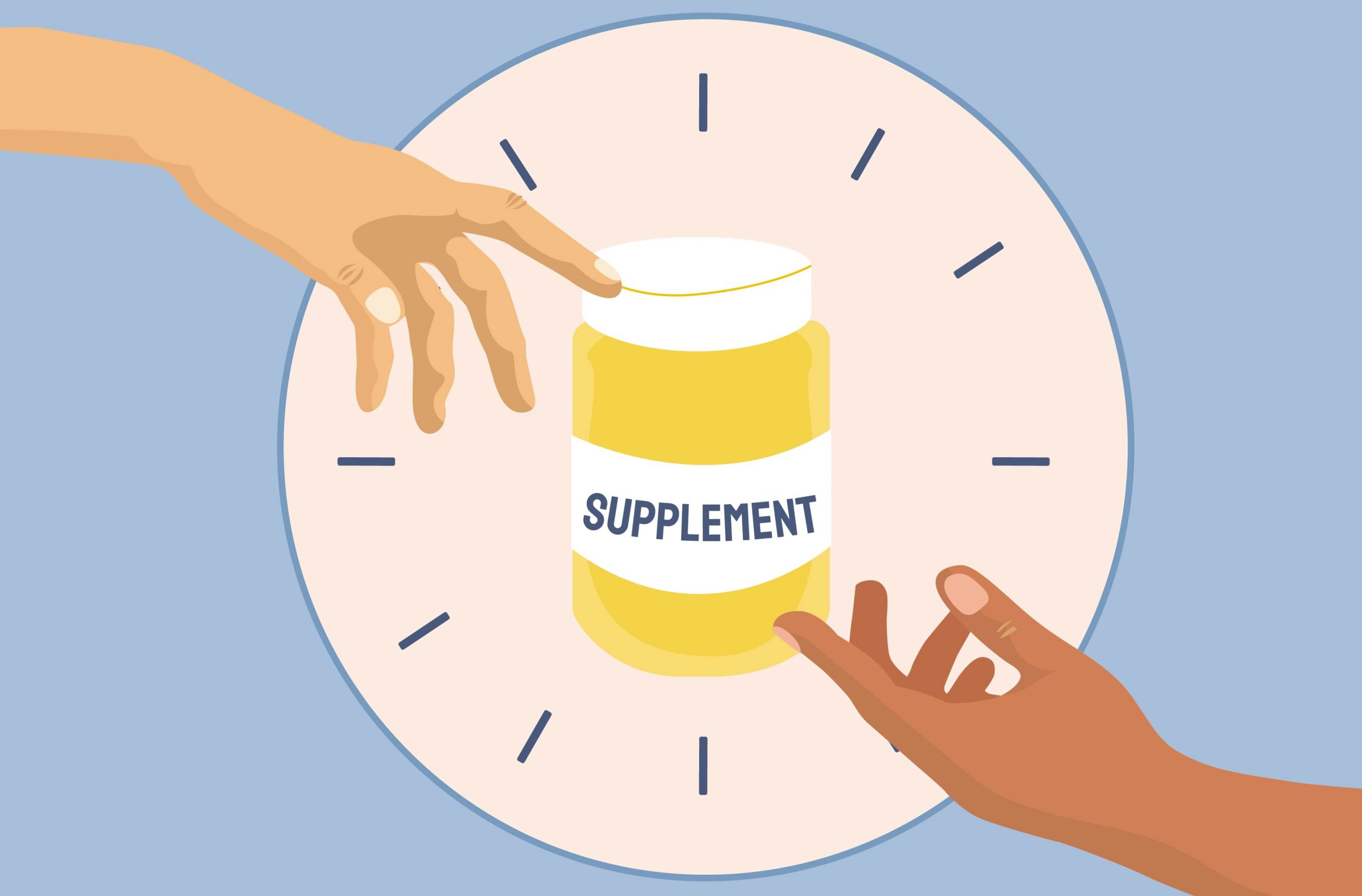
People often fear when it comes to the iftar part of fasting. More often during the month of Ramadan, we indulge in heavier and richer oily foods than we normally would which can lead to feeling sluggish and tired with symptoms of heartburn.
This bloated, lethargic feeling often goes together with eating oily and greasy food on an empty stomach which can make one feel even worse if they opted for a fizzy drink to wash it down with.
Therefore, in order to try and help introduce some balance into our food regimes during Ramadan, we will enlighten you with some healthy tips in Ramadan. We need to eat healthy meals during Ramadan. For iftar, we need to ensure that we eat plenty of tasty salad greens and vegetables to go with our main meal. By ensuring at least half of our plate is full of healthy nutrients, we can get the energy and vitamins we need. Moreover, we need to dive into the vegetables and fruits first!

Usually in Pakistan, Ramadan falls in the summer months. Hence, one of our best Ramadan tips is to stock up on fresh watermelon that is a great source of rehydration and fills you up well, too! You can make juices from fresh fruits too!
It Is important to avoid carbonated and fizzy drinks as these will dehydrate very quickly and they don’t have any valuable nutrition as well. Furthermore, eating roast chicken and baked potatoes is a lot healthier than opting for fried samosas and chips as they contain all the grease and oiliness! Apart from fried foods, If you are a dessert lover, fresh fruit and ice cream are a lighter alternative to chocolate or pastry desserts.
It is religious and sunnah to break the fast with dates and a glass of water or milk; aside from the scientific healthy recommendations, there is also great reasoning behind this. Dates contain a lot of nutrients and health benefits by reducing blood pressure, reducing the risk of heart disease and colon cancer, and relieving constipation. Dates also fill us up pretty quickly and are a great source of slow-release energy – keeping us going for a good period of time. It is better to open our fast with a handful of dates and a glass of milk before taking a break to recite salat; we won’t feel as hungry after we pray. Moreover, due to the slow energy release in dates, it is a great idea to introduce this into our suhoor meal as well. However, the best suhoor meal would consist of oats or porridge and some dates.

Another important factor to take care of is to avoid caffeine during suhoor. Caffeine makes us urinate frequently which means it can leave us dehydrated. On the contrary, we need to choose a milkier drink if we need something warm, or go for water for something more refreshing and hydrating.
Apart from all these food nutrients, we can take health care supplements after iftar. There are several online supplement stores in Pakistan such as Linear Healthcare.
Most of us prepare for the month of Ramadan in advance by making and freezing food that can be cooked later. But, this is wrong! It might be convenient for us in the future, but Ramadan is all about spending time with our loved ones, and cooking with them is a great way of spending more time with our family at meal times. Furthermore, we need to hold the salt while cooking during Ramadan; too much sodium can lead to bloating, leaving us feeling uncomfortable as we make our way to the Mosque for congregational prayers.
Moreover, some of us prefer to eat lighter meals but don’t want to miss out on the delicious spicy flavor. Hence, we can try to add a halal chicken stock cube to plain boiled rice and serve with some lightly buttered broccoli and seasoned diced potatoes. This makes it simple, light, easy to make and full of vitamins and long-lasting energy.

